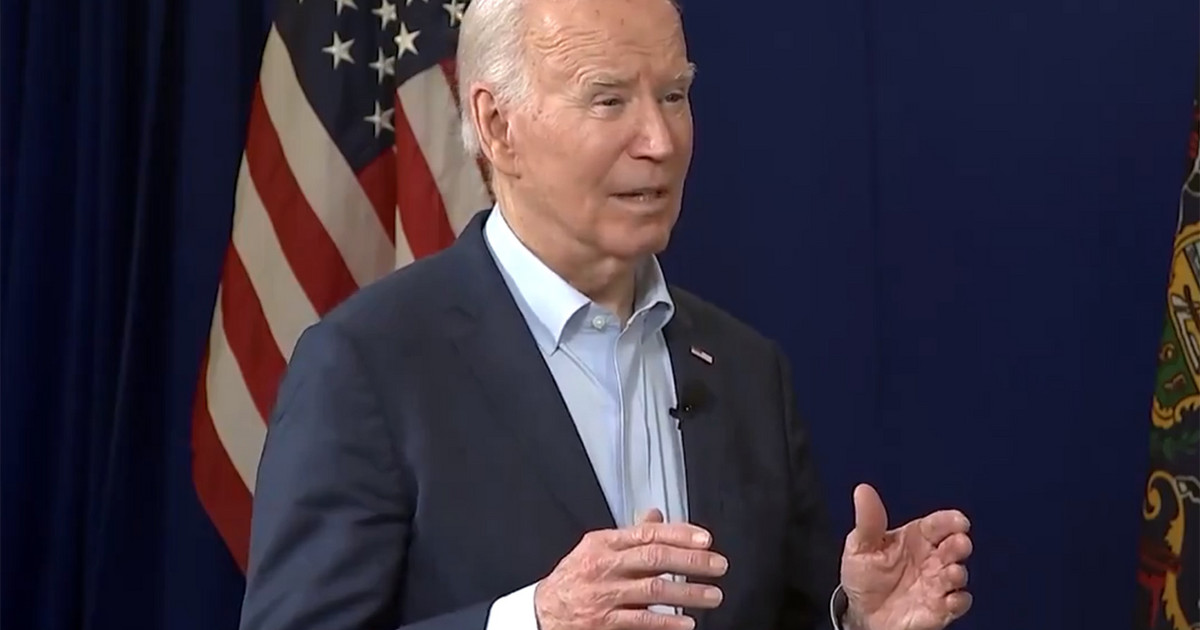After the reduction of ICMS (Tax on the Circulation of Goods and Services) for fuels, ethanol lost its competitiveness in relation to gasoline in the country.
Now, only São Paulo and Mato Grosso have fuel at prices that are worthwhile for consumers, compared to gasoline prices. In Brazil, the average price of ethanol is R$4.52, according to the National Agency of Petroleum, Natural Gas and Biofuels (ANP).
According to the latest ANP price bulletin, in São Paulo, the average price of ethanol was R$ 4.21, while gasoline has an average cost of R$ 6.10. In Mato Grosso, ethanol was registered at an average value of R$ 4.03, and gasoline at R$ 6.42.
Before, Goiás and Minas Gerais also had more advantageous prices for ethanol compared to gasoline. In the Midwest state, the average value of fuel dropped from R$4.62 to R$4.26, a reduction of R$0.36.
However, the decrease in the price of gasoline was R$ 1.02, from R$ 7.08 to R$ 6.06. In Minas Gerais, alcohol went from R$4.85 to R$4.68, a drop of R$0.17. Gasoline went from R$ 7.39 to R$ 6.57, registering a decrease of R$ 0.82 in the price per liter.
Rio de Janeiro was the state with the biggest drop in the price per liter of fuel in the country, with a reduction of R$ 0.45 in the average price. In the last price survey, the state had an average price of R$ 5.36, while last week this price was R$ 5.81.
It is worth noting that gasoline has the ability to make the vehicle run more kilometers than with ethanol. On average, a liter of gasoline yields up to 14 kilometers (km), while the same amount of ethanol travels an average of 9 km.
To find the most cost-effective fuel, the consumer must divide the value of ethanol by the price of gasoline. If the result is below 0.7, the best option is alcohol.
With the law that limits a ceiling on the collection of ICMS on fuel, gasoline suffered a drop of 8.9% in the average price in Brazil. But ethanol had a lower tax rate than gasoline in the states, which explains why the reduction had more impact on the oil derivative.
The economist at Ibmec, Gilberto Braga, explains that, in addition to the lower impact of the legislative measure, ethanol still suffers from the impacts of the lack of rain that hit the sugarcane plantations, the raw material for fuel, at the end of last year.
“The offer is being lower than the expectations and projections of the ANP itself, and this has caused the offer to fall. It is a product that has a direct correlation with the law of supply and demand. Another even contradictory point is that, despite being a clean fuel, it is transported by diesel-powered trucks, which has not dropped in price,” says the professor.
According to data from the ANP, the states of the Midwest region are the main producers of the fuel in the country. As a result, transporting ethanol is cheaper to these states or nearby locations.
Source: CNN Brasil
I am Sophia william, author of World Stock Market. I have a degree in journalism from the University of Missouri and I have worked as a reporter for several news websites. I have a passion for writing and informing people about the latest news and events happening in the world. I strive to be accurate and unbiased in my reporting, and I hope to provide readers with valuable information that they can use to make informed decisions.






